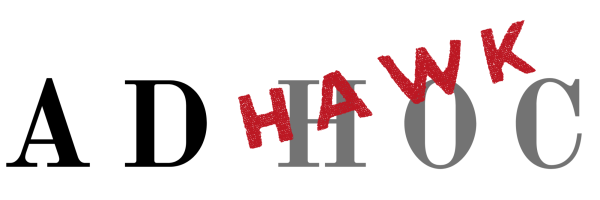
Happy National Recovery Month! During September, we honor the approximately 20.9 million Americans who have struggled with substance use and found recovery. We also celebrate programs that support people in recovery, such as St. Joe’s own Collegiate Recovery Program. Collegiate Recovery Programs are important because they provide specialized services and support to students in recovery and educate others on substance use disorder (SUD).
Recovery, as defined by the Substance Abuse and Mental Health Services Administration, is “a process of change through which individuals improve their health and wellness, live a self-directed life, and strive to reach their full potential.” This inclusive definition can be applied to SUD, a mental health concern, an eating disorder or other process addictions. You may notice the definition does not specifically identify abstinence from substances as a requirement for recovery. While many people in recovery choose not to use substances in any form, others take a harm reduction approach, which involves decreasing their substance use or taking measures to use substances in a safer, less harmful way.
While there are many forms of treatment for people with SUD, the stigma associated with it and other mental health concerns often prevents them from seeking support. Throughout history, substance use and mental health concerns were regarded as personal failures or the result of bad choices. While we now know these concerns develop as a result of biological, social and environmental factors, the judgment surrounding them still exists.
If you have a loved one who is struggling with substance use, please remember their struggle is not a choice. It is the culmination of many factors in their life, which could include traumatic experiences as well as feeling isolated from others. I encourage you to show them empathy and patience. You may also want to seek guidance and support for yourself on this journey. Groups like Al-Anon exist specifically for family and friends of people struggling with SUD. Or, you can seek out resources on campus like Counseling and Psychological Services (CAPS) or the Collegiate Recovery Program’s Allies of Recovery training.













































